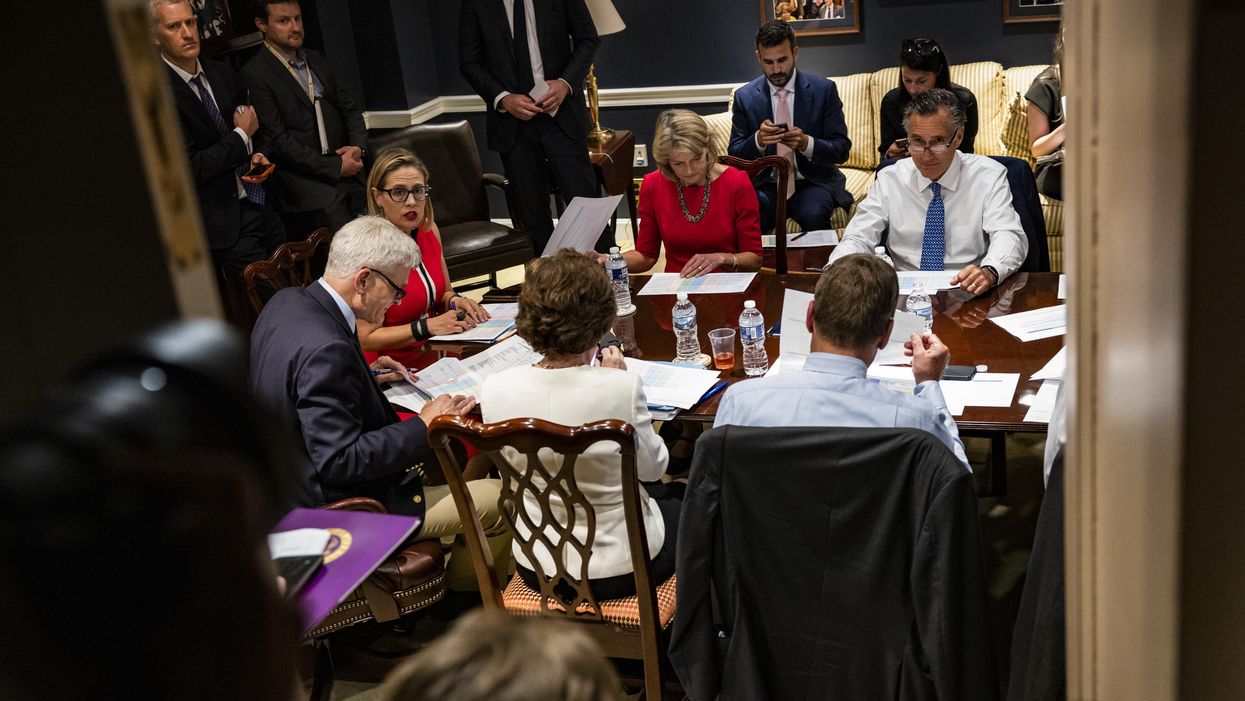A bipartisan group of senators announced Thursday they had reached an agreement on a potential infrastructure package, but it is still a long way from crossing the finish line.
After days of hand-wringing over the future of the For the People Act, this was a welcome end to the week.
Here are five stories to catch you up on the latest developments:
10 Senators Say They Agree On Infrastructure 'Framework' — But There Are Few Details (WKAR)
Here's what we know about the bipartisan infrastructure deal (CNN)
Democrats wary of emerging bipartisan infrastructure deal (The Hill)
Bipartisan Group of Senators Say They Reached Agreement on Infrastructure Plan (The New York Times)
Ten Senate Democrats and Republicans say they reached five-year, nearly $1 trillion infrastructure deal (The Washington Post)




















Trump & Hegseth gave Mark Kelly a huge 2028 gift